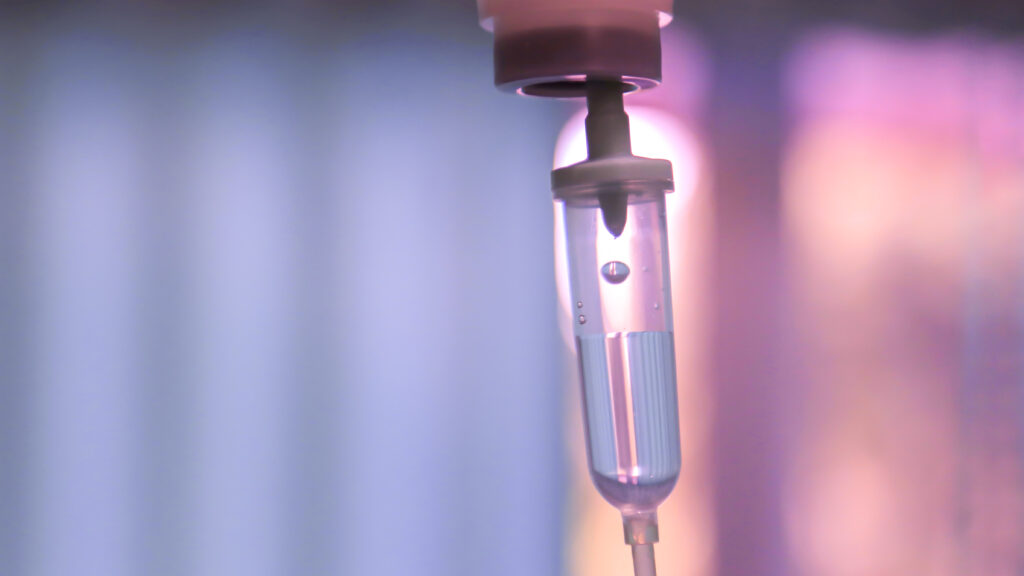For decades, the Food and Drug Administration’s accelerated approval pathway has helped companies get drugs for serious unmet medical needs to patients — and the market — sooner. But about half of cancer drugs approved via this route fail to improve patient survival or quality of life in subsequent clinical trials after more than five years of follow-up, according to new findings presented Sunday at the American Association for Cancer Research annual meeting.
The data come from an analysis of cancer drugs granted accelerated approval over the past decade. In some cases, failure to show clinical benefit didn’t stop the FDA from converting accelerated approvals into full approvals, and the authors note the agency’s conversion decisions have increasingly been based on less stringent evidence of a drug’s benefits.
That shouldn’t really be surprising. Cancer treatments are incredibly complex, and each patient is a tapestry of symptoms and diseases. When patients get desperate, they skew towards the kitchen sink approach, and it becomes harder to prove which treatments (or combinations) were effective.
That’s why it’s important to find a doctor who keeps up to date with the latest developments, one who hews close to scientific rigor and works with patients to develop a course of treatment that is most likely to succeed.
It’s not always easy to spot the fraudulent hope, but it is far better to “approve” every safe, promising treatment, and let doctors consult with patients. The FDA should not impose strict requirements for efficacy in order to prevent ineffective treaments from being approved. Primarily because they’re bad at it. Ineffective treatments will still be approved, and effective treatments may languish in research hell while waiting for the right test case.



